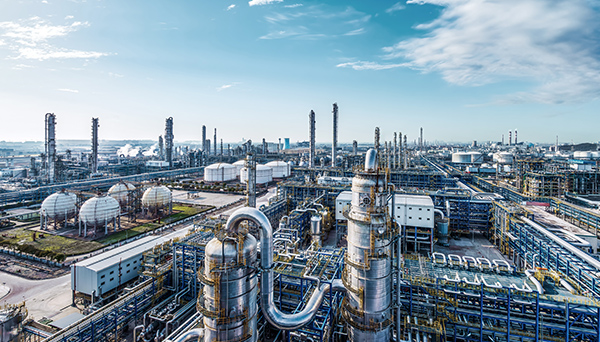JSW Cement Limited | Imprving Thermal Substitution Rate | Practice
JSW Cement adopts waste co-processing to reduce fuel consumption and emissions at its plant in Nandyal, Andhra Pradesh
Transitioning from a linear ‘take-make-dispose' to a circular model can help fulfil climate, economic, and ecological ambitions
Circular economy represents a cleaner and a more efficient model of production process to the alternative linear model of ‘take-make-dispose' currently in use. A report from the Ellen MacArthur Foundation (2016) highlighted that a circular economic pathway could deliver climate, economic, and ecological benefits for India. The 2016 report projected that India could generate $624 billion worth of annual value and reduce GHG emissions by 44% from the current development pathways.
Sectors with higher share of economic activity such as agriculture, construction and steel offer huge potential to implement circular economic approaches
Increasingly, industries are looking towards the circular economy model to generate monetary savings and overcome resource deficiencies. In India, NITI Aayog and the Ministry of Environment, Forests and Climate Change (MoEFCC) have identified a range of industries such as automobiles, agriculture, electronics, construction and the steel sectors as having high potential of circularity on account of the large challenges they currently pose or may pose in the future.
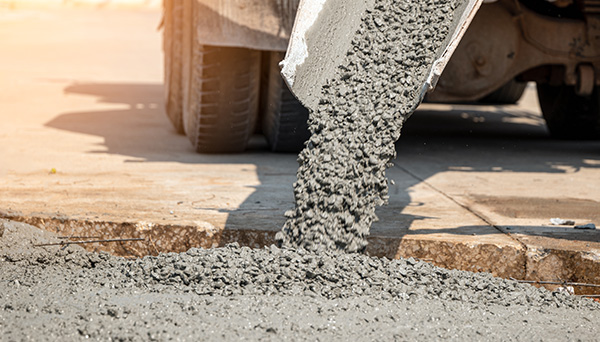
JSW Cement adopts waste co-processing to reduce fuel consumption and emissions at its plant in Nandyal, Andhra Pradesh
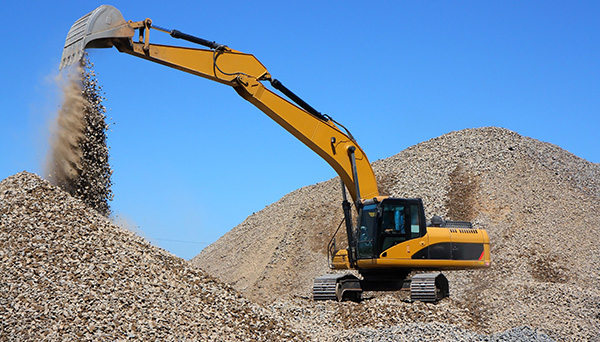
Dalmia Cement (Bharat) Ltd installs chlorine bypass system to help maximize the use of alternative fuels in its cement plants
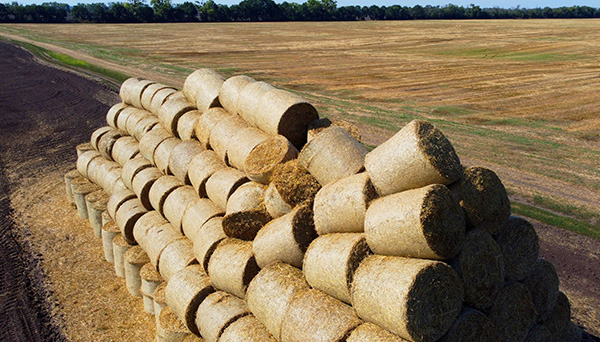
Jain Farm Fresh Foods Limited (JFFFL) installs new boilers based on biomass fuels instead of fossil fuels at its fruit processing plant in Chittoor, Andhra Pradesh
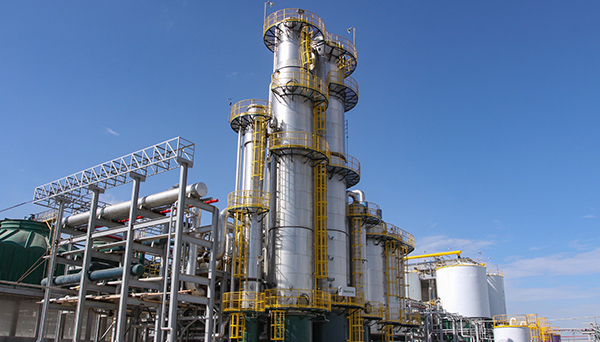
LanzaTech converts industrial emissions into sustainable aviation fuel and chemicals through gas fermentation, advancing circular carbon use and fossil fuel reduction

